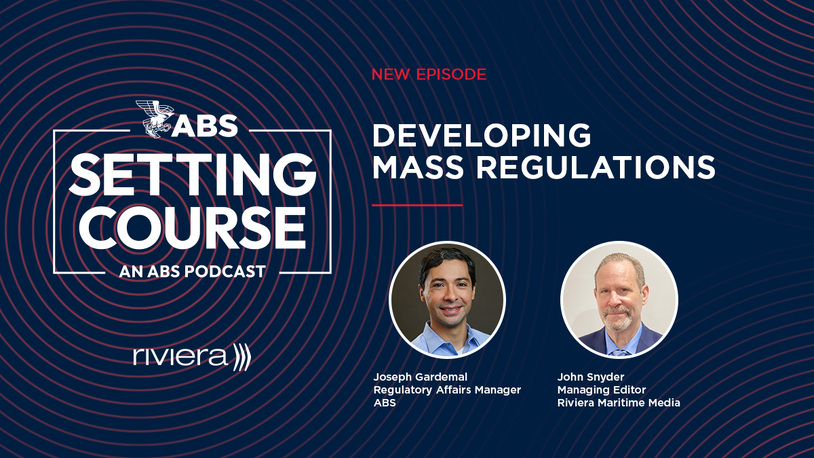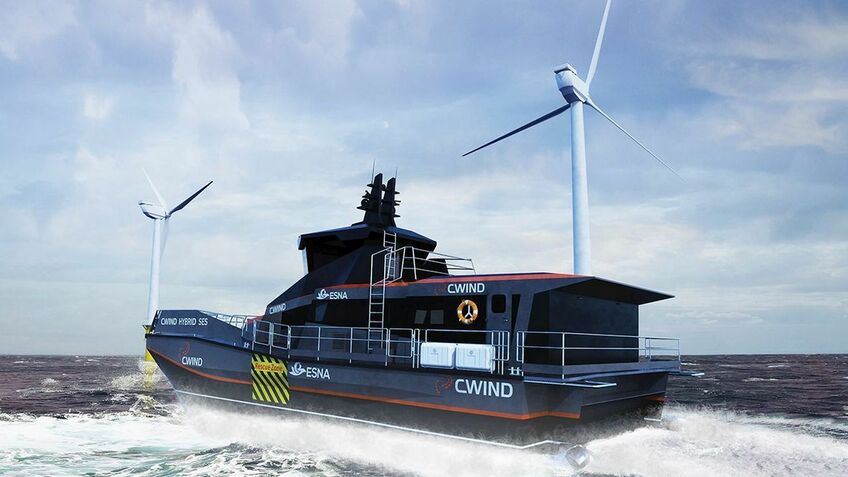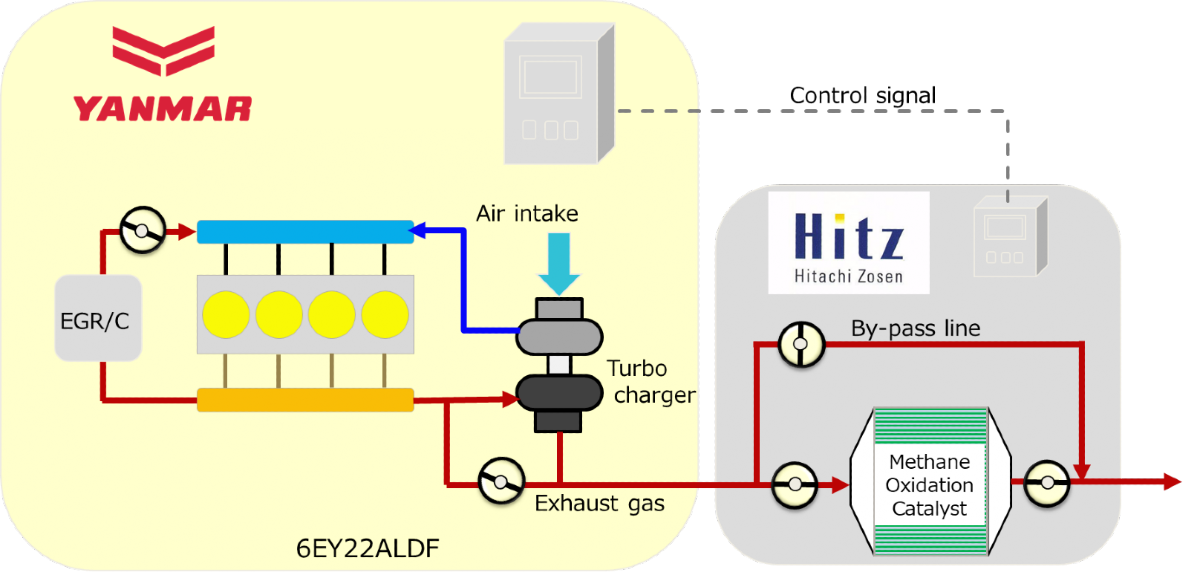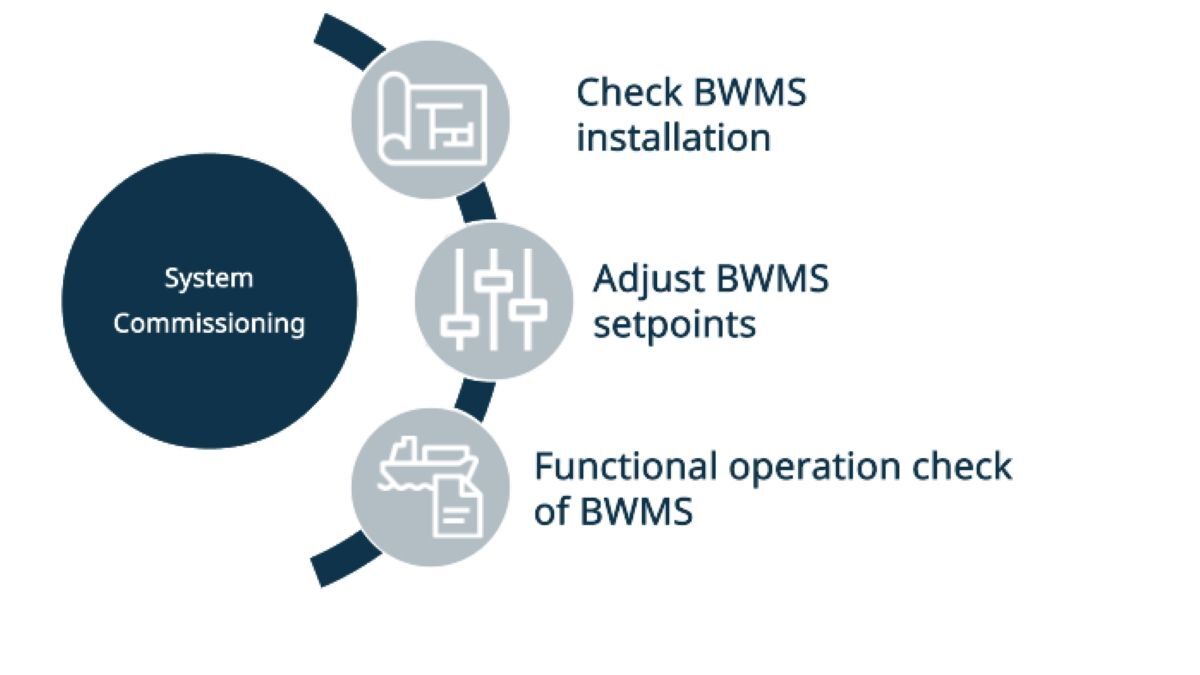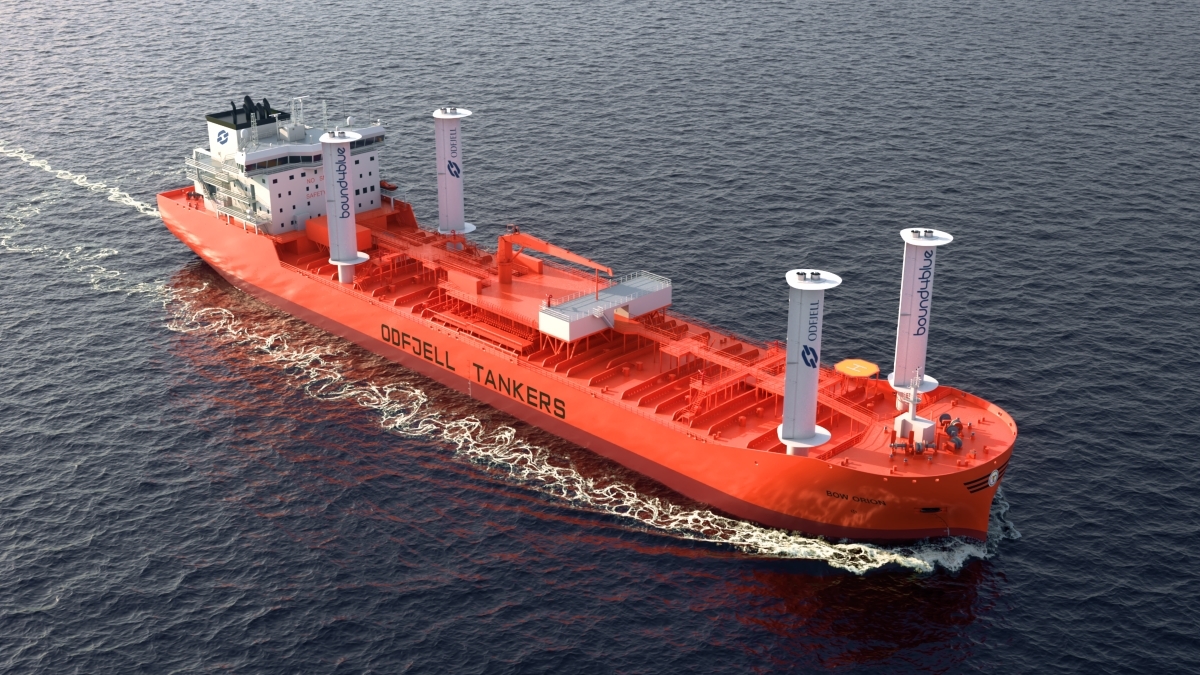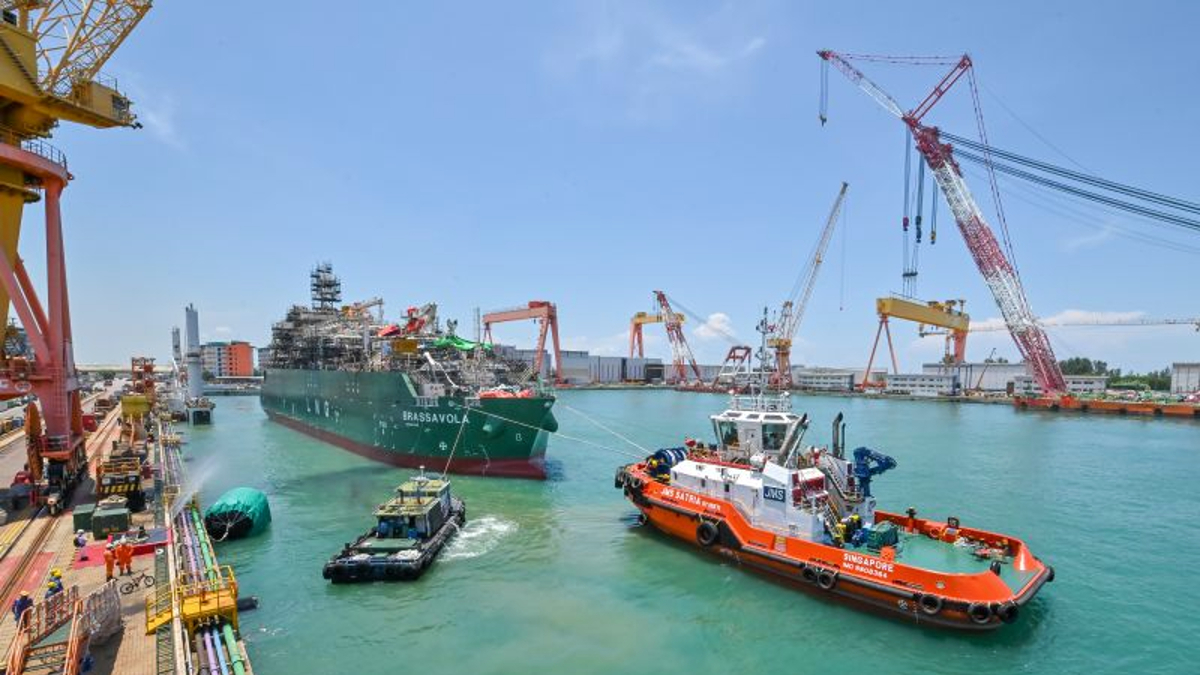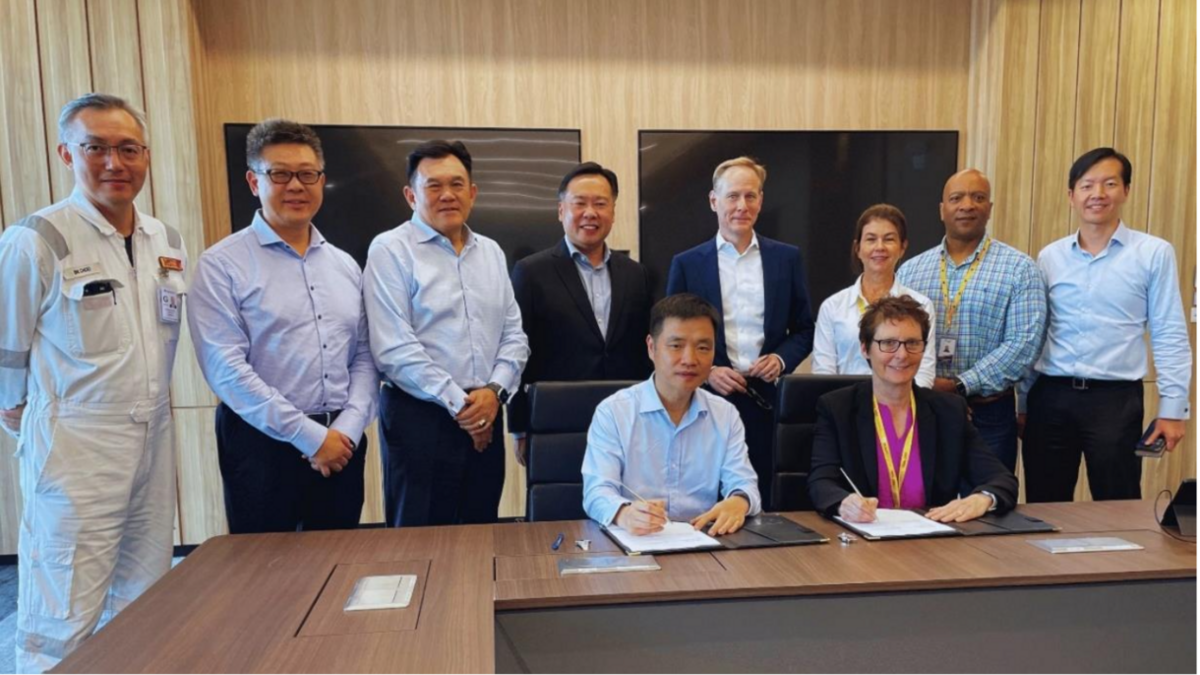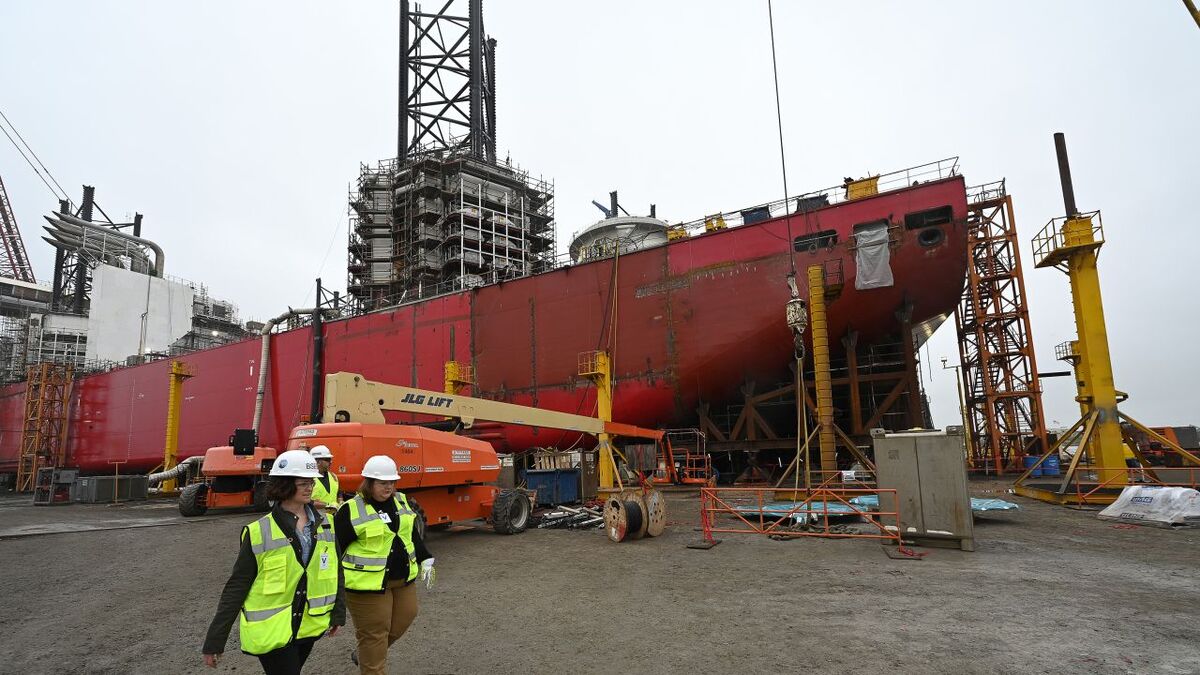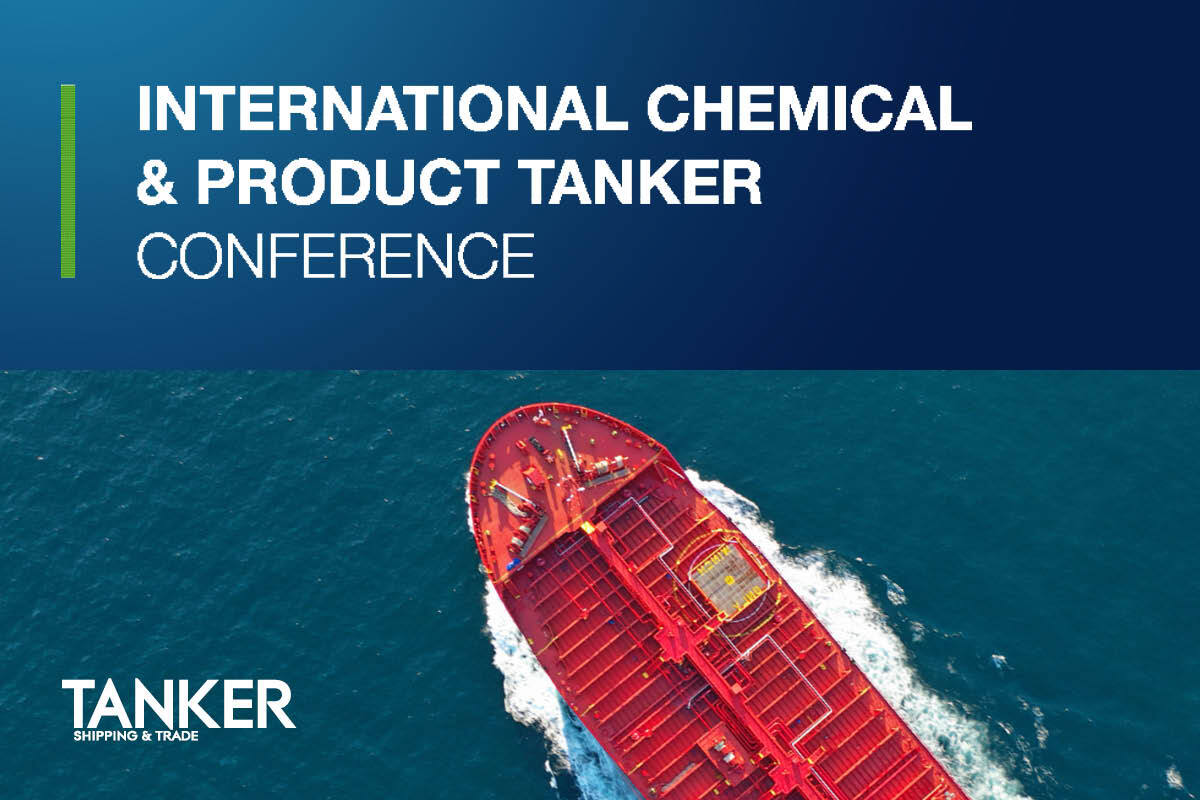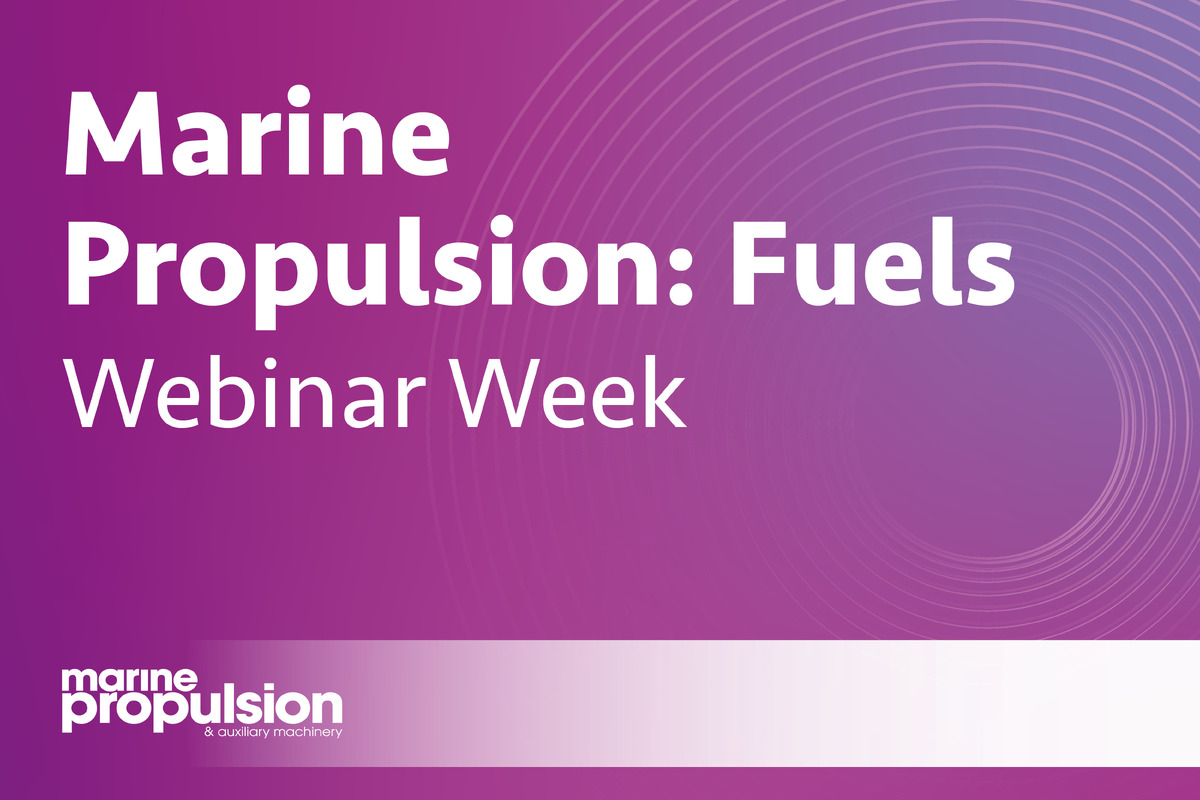Business Sectors
Events
Contents
Low emissions future: vessel quartet unveiled by Carbon Trust
The Carbon Trust’s Offshore Wind Accelerator has announced four winners of a competition designed to accelerate the development of technology that will enable a reduction in emissions and fuel consumption for crew transfer vessels used on offshore windfarms
Submissions were received from a range of single applicants and partnerships, representing a wide range of technologies and alternative fuel sources. The winners are Chartwell Marine and Seaspeed Marine Consulting; CWind; Robert Allan Limited; and Windcat Workboats and CMB Technologies.
Each will receive advice from the Offshore Wind Accelerator (OWA) partners to support the commercialisation of their technologies, in addition to a share of £300,000 (US$386,000) in funding.
The OWA said the selected technology concepts demonstrate the potential to reduce fuel consumption and emissions compared to conventional crew transfer vessels (CTVs). They span a range of technology readiness levels: from desktop studies, through to prototype vessel construction.
Chartwell Marine and Seaspeed Marine Consulting submitted a desktop study into developing a 15-m hybrid diesel/electric outboard CTV. The concept combines a high freeboard hull with two diesel and two electric outboard engines, which have not previously been used on CTVs. The design proposes to operate in up to 1.5 m significant wave heights and transit speeds of 20-25 knots.
CWind Limited submitted a proposal supporting technology development for constructing a prototype hybrid diesel/electric surface effect ship (SES) CTV. The design combines a hybrid diesel/electric drivetrain with proven SES technology provided by the Norwegian design house ESNA. This 22-m vessel will be able to carry 24 passengers at a transit speed of nearly 40 knots in significant wave heights in excess of 1.5 m.
Robert Allan Limited submitted a desktop study for a methanol/electric hybrid CTV. This concept takes advantage of the high volumetric energy density and stable liquid properties of methanol, in combination with a hybrid battery propulsion system. The study will look at the feasibility of applying this novel fuel type to a 21-m CTV, capable of 20 knot transit speeds, in addition to boost and electric-only operational modes.
Windcat Workboats and CMB Technologies submitted a proposal supporting the development of a prototype hydrogen-powered CTV which utilises hydrogen-diesel co-combustion. The Hydrocat 1, based on the efficient Windcat Mk3.5 platform, will be capable of using a majority of green hydrogen as fuel, delivering emission savings without compromising vessel performance.
The competition is being delivered by the Carbon Trust, with support from Black & Veatch, on behalf of the nine OWA industry partners: EnBW, Equinor, innogy, Ørsted, RWE Renewables, ScottishPower Renewables, Shell, SSE, and Vattenfall. The work is expected to conclude at the end of 2020.
Related to this Story
Events
Maritime Cyber Security Webinar Week
International Chemical & Product Tanker Conference 2024
Marine Propulsion: Fuels Webinar Week
How enhanced connectivity is propelling maritime into the AI era
© 2023 Riviera Maritime Media Ltd.

